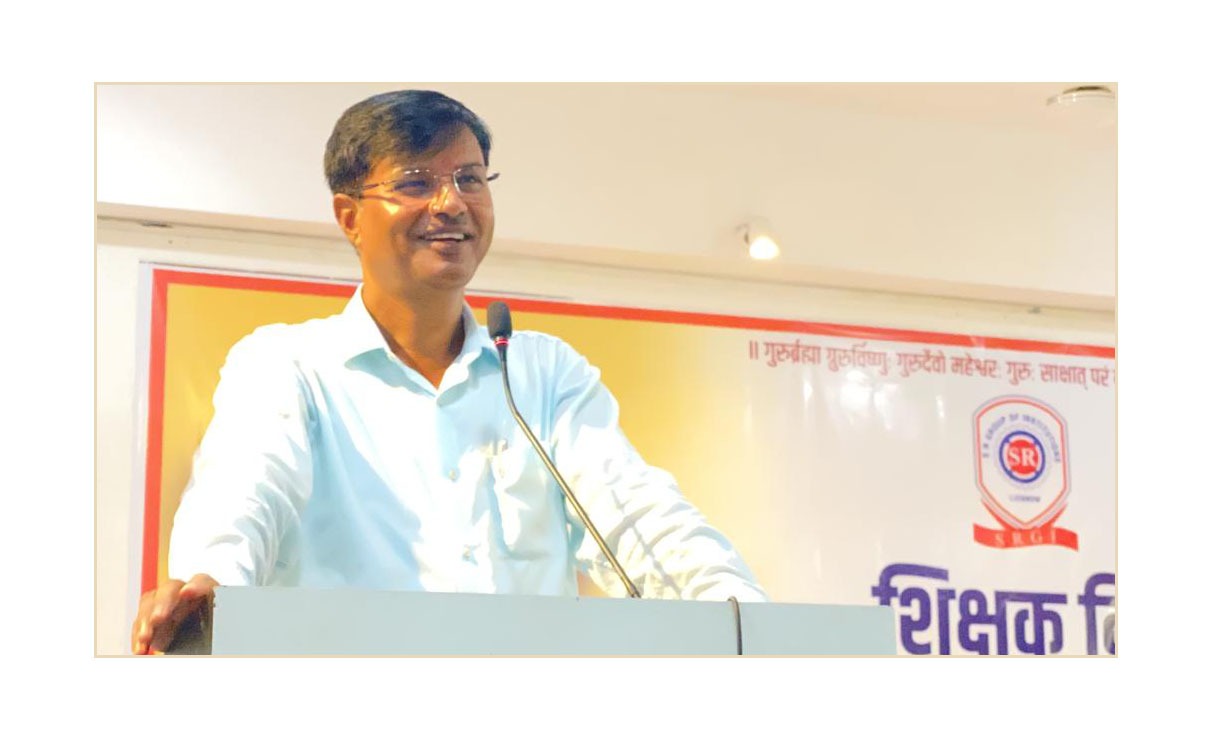The Magic of Mathematics to stay for conventional Branches, and a multidisciplinary approach, with or without PCM, would lead India to a higher stage of Advancement in imparting Quality Technical Education.
Gone are the days when parents used to tell their wards about the magic of Mathematics, Physics, and Chemistry, popularly known as PCM, to build a career in engineering or to be proud of being an engineer. We are now in a new age and the higher technical education system is undergoing a complete structural change. New Education Policy 2020 outlined the roadmap and it is up to states to take it forward. As soon as the technical education regulator All India Council for Technical Education (AICTE) issued the Approval Handbook for 2021-22 on eligibility, parents and students initially found themselves those guidelines obfuscating.
The AICTE quickly cleared the doubts by saying that Physics, Chemistry, and Mathematics will continue to be important subjects in engineering courses and it is not mandatory for state government or institutions to offer these courses to students who have not studied them in class 12. This is perfectly aligned with the existing system, but the new system has to have innovative components.
“Students opting for streams like Biotechnology, Textile, or Agriculture Engineering will have an option to not study these subjects in class 12, says AICTE Chairperson Anil Sahasrabudhe. While institutions would be offering such courses, on the need basis students can make up for PCM through bridge courses later.
Technical education experts, while welcoming the move, find the new guidelines innovative and progressive to meet the global demand of technocrats, especially in new emerging fields.
Pawan Singh Chauhan, Chairman, SR Group of Institutions views the development as futuristic and says that there is a window of opportunity for the students by this new Approval Handbook. “A multidisciplinary outlook removes the barrier from PCM as the compulsory subjects for engineering. The move will create a win-win situation for both Institutions/Universities and students. The new age branches or sectors offer huge opportunities for not only the job but also better salary packages, compared to traditional ones,” expounds Singh.
Earlier, without Mathematics, Physics, and Chemistry at the 12th board level, it was not possible to even think about writing entrance exams for Engineering. New Education Policy recognized and acknowledged the need for a structural change in the existing system and provided the much-needed change to create a new technical education ecosystem in the country.
“From a technical institution point of view, we would be able to offer more engineering courses to the aspirants and thereby a large number of them would be enrolled for pursuing various courses. The faculty would be expanded and a multi-disciplinary approach would certainly lead to a higher stage of advancement in terms of quality technical education,” adds Singh.
In its revised rules aligned as per reforms proposed in the new National Education Policy (NEP), the technical regulator has given a list of 14 subjects – Physics, Mathematics, Chemistry, Computer Science, Electronics, Information Technology, Biology, Informatics Practices, Biotechnology, Technical Vocational subject, Engineering Graphics, Business Studies, Entrepreneurship. Another progressive move is that now students need to pass in any three subjects from the list with a minimum of 45 percent marks in class 12 board examinations to be able to apply for admission in undergraduate courses in engineering.
As State Universities and Technical Institutions would prefer to adopt the NEP, it is expected that the AICTE would not restrict them through its guidelines. Multidisciplinary approach augers well for the development of a new system.
Going forward, the states or institutions would prefer to widen the scope of engineering. However, they need to focus more on quality to meet global standards. Apart from IITs and a few other prestigious tech institutions, Indian Engineering Colleges are not rated very high as per global standards. The New Education Policy and the proposed structural changes have offered an opportunity to transform the way India educates and trains its technical workforce.




